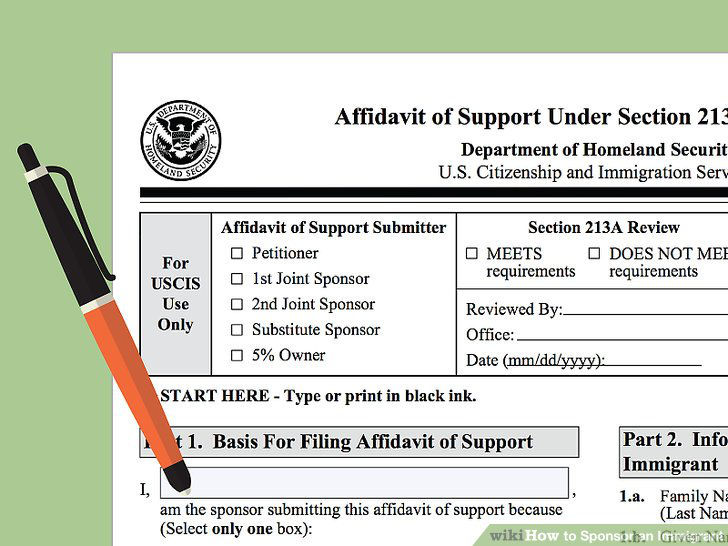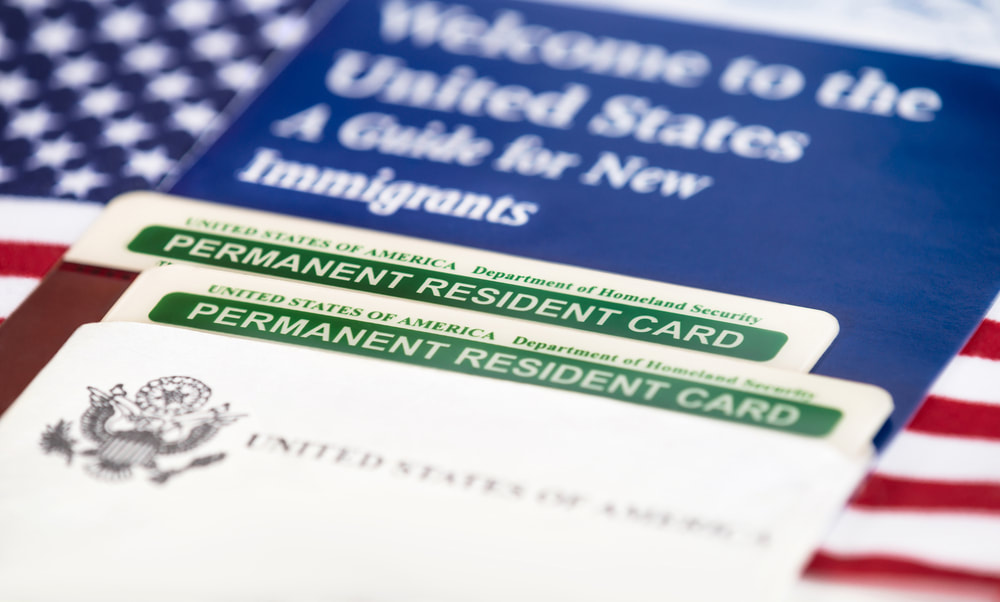When the current White House administration rescinded the Deferred Action for Childhood Arrivals (DACA) initiative in September 2017, hundreds of thousands of undocumented immigrants were thrown into limbo. Eventually, multiple court challenges over the lawfulness of the termination led to preliminary injunctions that allowed DACA recipients to renew their protections. Now, on November 12, the U.S. Supreme Court will hear arguments in those cases.
Through near-monthly public data releases by U.S. Citizenship and Immigration Services (USCIS), as well as data filed as evidence in one of the cases--Regents of the University of California, et al. v. U.S. Department of Homeland Security, et al.—the Center for American Progress has tracked renewal applications and adjudications since January 2018, when renewals reopened.
As of September 30, 2019, 652,880 individuals held DACA status. Meanwhile, an additional 11,040 individuals with expired DACA had renewal applications pending review with USCIS—a number that has held within 2,000 since February. However, though their applications are pending, these individuals do not have protection from deportation and work authorization.
Supreme Court’s decision window.
The months between now and June 2020—by when a decision by the U.S. Supreme Court is likely to be issued—are a critical time period for DACA recipients. Though multiple lower courts have ruled in support of DACA, there is no guarantee of the Supreme Court outcome or what it will mean for DACA recipients’ ability to renew their protections moving forward.





 RSS Feed
RSS Feed